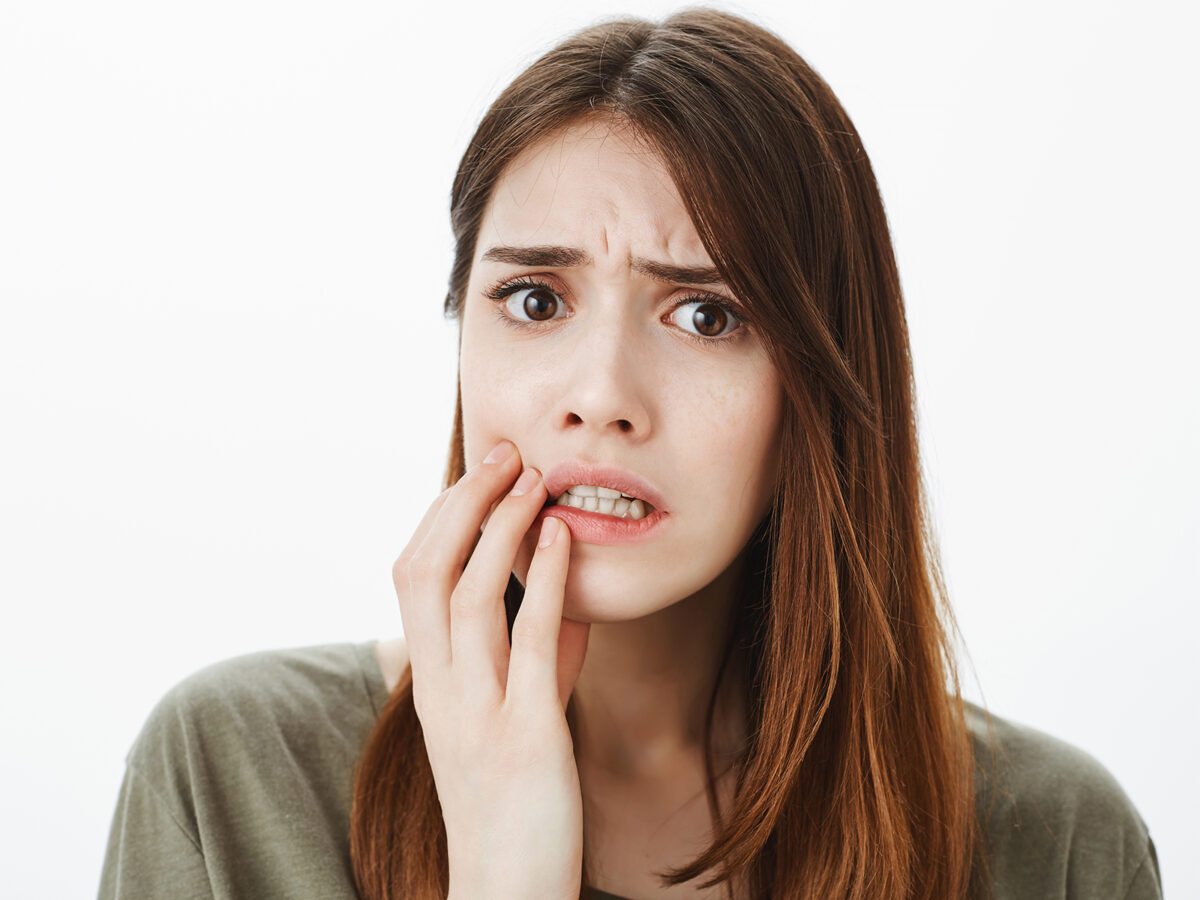Blog
Dental hygiene tips for healthy teeth & gums

Easy Ways To Reduce Your Dental Anxiety
Many people have a high rate of dental anxiety, and some studies suggest that up to 60% of individuals suffer from the same and do not visit dentists.
Various factors may contribute to anxiety, such as previous negative experiences, fear of pain or needles, or general anxiety disorders. Avoiding oral appointments makes you more susceptible to developing long-term health problems and fear of dental procedures.
Individuals can reduce their dental anxiety and feel more comfortable during oral procedures using several simple yet effective techniques. This article will explore some easy ways to reduce oral procedure fear and make visiting the dentist more comfortable and stress-free.
Ways To Reduce Your Dental Anxiety
Dental anxiety can be a massive barrier to proper oral care. Fortunately, several easy ways exist to reduce it and make visits to the dentist more comfortable and less stressful. Here are the top six ways to decrease the fear of oral care procedures:
- Communicate with Your Dentist
Communicating with your dentist is one of the most effective ways to reduce oral anxiety. Dentists often understand and are sympathetic to patients with dental fear. You can work with your dentist to make oral appointments less stressful and more comfortable by being honest about your worries and concerns. You can learn what to expect beforehand from your dentist during the oral care procedure. Sedation dentistry may also be available, making dental procedures more relaxing.
- Practice Relaxation Techniques
Dental anxiety can be effectively reduced through relaxation techniques such as deep breathing and visualization. When you breathe deeply and visualize a pleasant image, you can distract yourself from the oral care procedure and calm your nerves. To practice deep breathing, breathe in slowly through your nose, hold for a few seconds, and breathe out slowly. Repeat this process several times until you feel more relaxed. To practice visualization, close your eyes and picture a calming scene, such as a beach or a mountain. It can help you distract, and the dentist can perform the procedure quickly.
- Use Distraction Techniques
Fear of oral care procedures can be reduced through distraction techniques as well. While having your dental checkup, you can listen to music or an audiobook. Distracting yourself during an oral care procedure can also be accomplished by counting backward from 100 or playing a mental game. You can also bring your headphones and listen to calming music before the treatment.
- Choose the Right Time for Your Appointment
Your dentist can also help ease your fear of dental procedures by scheduling your appointment at the right time. The morning appointment can help you relax, so you won’t have time to think about it, and your anxiety won’t build up. You can also schedule your appointment when you feel more relaxed and less stressed. Avoid scheduling appointments during high stress, such as during exams or when you have a big deadline at work.
- Bring a Support Person
Bringing a support person to the dentist can also be useful. A friend or member of your family can provide reassurance and comfort during dental procedures. If you are anxious, they can distract you with conversation or give you a hand to hold.
- Practice Good Oral Hygiene At Home
Finally, practicing good oral hygiene at home can help reduce the fear of dental procedures. Caring for your teeth at home may make you feel more confident about your oral health and less anxious about oral checkups. Keep your teeth clean by brushing twice daily with fluoride toothpaste and flossing at least once daily. You can freshen your breath and prevent cavities by using mouthwash. Dental visits can be minimized, and you don’t have to visit the dentist often if you care for your teeth at home.
Lastly, communicating with your dentist and taking care of your teeth is vital to your overall health, and it can significantly help reduce your fear of oral care procedures.
